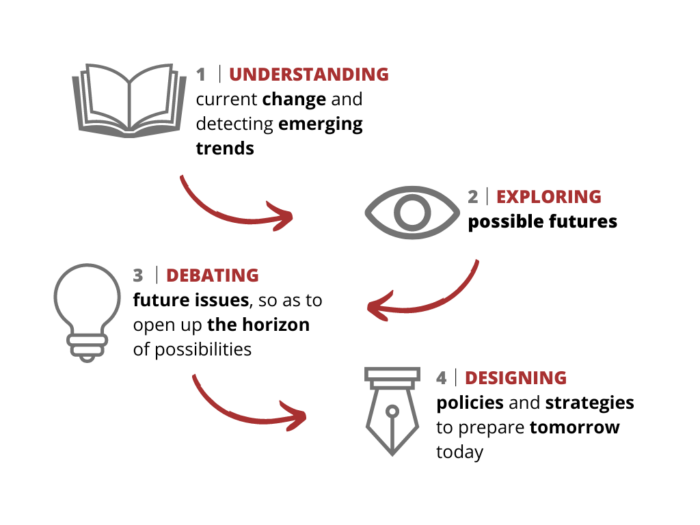Although unemployment rates in France remain high (and there is considerable under-employment), in the last two years or so there have been regular complaints about labour shortages with regard to quite disparate kinds of skills. Arnaud du Crest starts by emphasizing this paradox and pointing out the imperfections of the labour market which mean that adjustments cannot be smooth since individuals are not interchangeable.
He analyses the different categories of problems of adjustment – qualitative or quantitative, temporary or structural – and argues that, ultimately, many of the situations of labour shortage arise from some deep-rooted problems that he then examines in greater detail.
The first of these problems relates to educational choices for young people and the match in the widest sense, including expectations, between the training given and the choice of career. The second has to do with pay scales and working conditions, but also with the ways that different careers are perceived. Yet, while France is suffering from ‘paradoxical unemployment’ (i.e. in a particular skill sector there is both unemployment and labour shortage), this is also, so the author argues, because some people refuse to accept the jobs available, either because they are too poorly paid or because they are considered demeaning.
Arnaud du Crest asks why has France not made better progress in managing its pool of labour and why hard-core unemployment is rising. He then examines the record of other countries and what the French themselves could do to remedy these shortages. Clearly there is no simple solution, but certain steps ought to be taken, such as forward-looking management of employment and skills, and the upgrading of certain ‘old’ professions that nevertheless remain relevant for the future.
Chômage paradoxal et difficultés de recrutement
Cet article fait partie de la revue Futuribles n° 254, juin 2000



